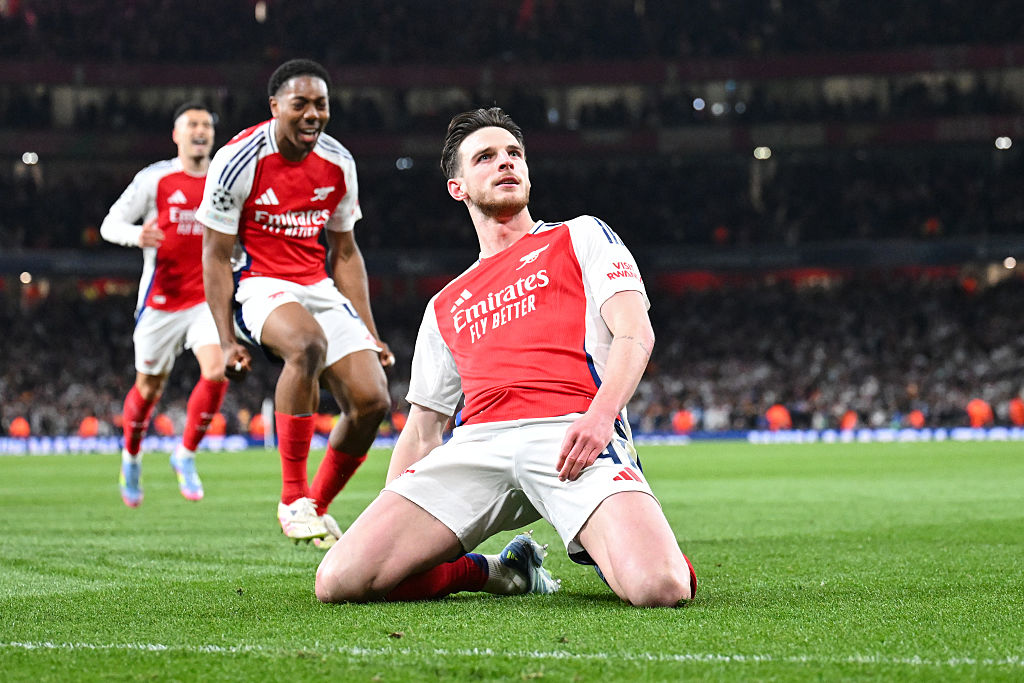Where are they now? Harry Kane's Tottenham debut, August 2011
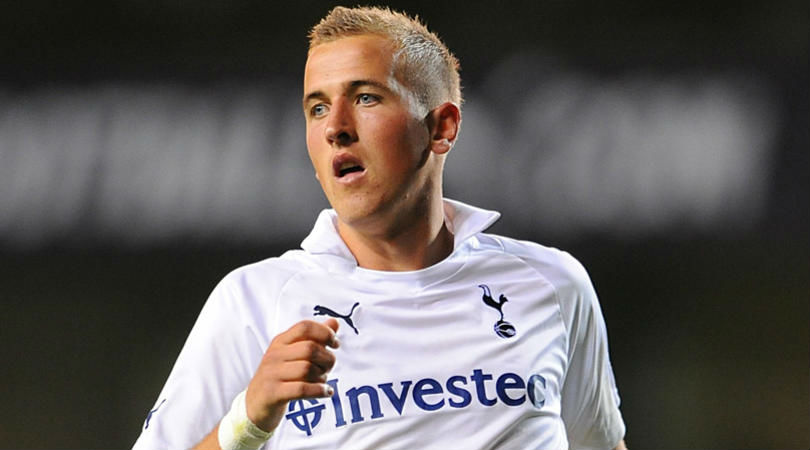
Who were Harry's first first-team team-mates?
With talk that Spurs will receive an unwanted world record transfer bid in the summer from Real Madrid for star striker Harry Kane, FourFourTwo looks at where it all began for the Tottenham man - in the slightly less glamorous surrounds of the UEFA Europa League qualifying rounds against Edinburgh side Hearts. Spurs had won the first leg 5-0 in Edinburgh, so on 25 August 2011 Kane was surrounded by a team of academy graduates and fringe players. The striker won a penalty – saved by Hearts goalkeeper Jamie MacDonald – in what turned out to be a 0-0 draw. He's done a little better since, but what happened to the rest of that Spurs side?
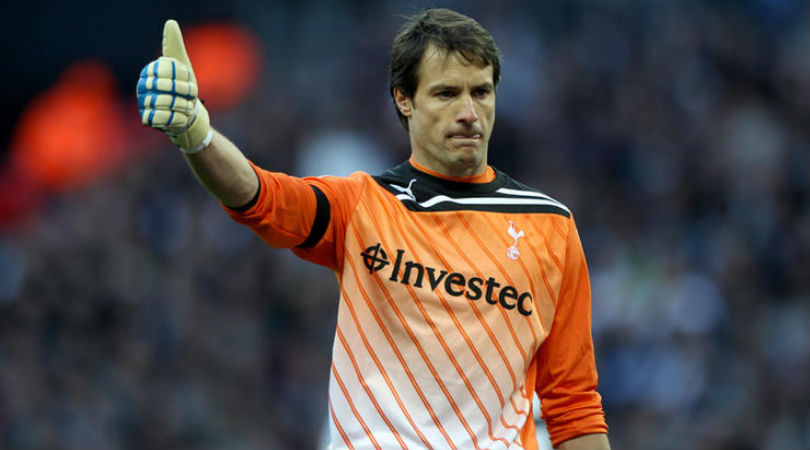
GK: Carlo Cuducini
Heurelho Gomes didn't adapt quickly to English football, struggling in particular with the physical challenge inside his own six-yard box. Harry Redknapp, partial to the occasional quick fix, immediately looked for an alternative. He found one in Italian Carlo Cudicini who was struggling to get much playing time behind Petr Cech at Chelsea. Cuducini moved across London on a free transfer. Gomes actually greatly improved; never to the point where the mistakes were eradicated from his game, but enough to become an integral part of the side which qualified for and took part in the Champions League. Cudicini, again, remained a second choice, making only 19 league appearances in three years before moving to MLS and LA Galaxy.Retired as of 2014, he’s currently a member of Antonio Conte’s coaching staff at Stamford Bridge.
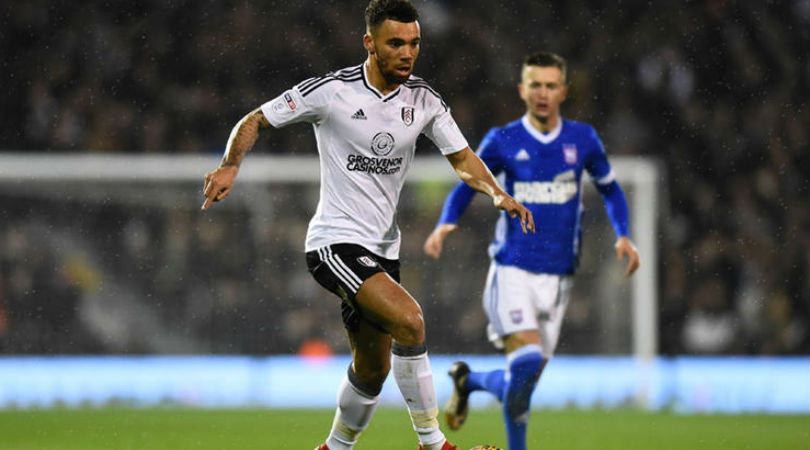
RB: Ryan Frederiks
Frederiks graduated from the academy at a time when Spurs seemed uninterested in their young players. He made a few appearances in the Europa League, but only as part of the club’s apparent efforts to eliminate themselves from the competition as early as possible.
A serviceable, pacy full-back, Fredericks has played for Bristol City and Fulham since leaving White Hart Lane in 2015. He's currently first choice at Craven Cottage.
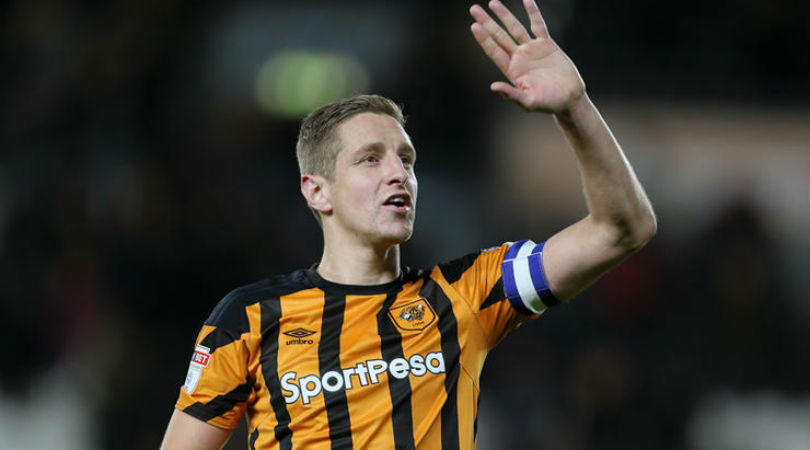
CB: Michael Dawson
England international, long-time servant and sometime captain, Dawson left Spurs after nine years at the club for Hull City in 2014 to take part in their annual bounce between the Premier League and Championship.
Tottenham began their elevation to their current level while Dawson was still at the club, and perhaps there is a sense that they outgrew him, but for a long time he was one of the better English centre-backs, lack of pace aside. His partnership with Ledley King, while admittedly not truly elite, was also the bedrock of the club’s initial resurgence.
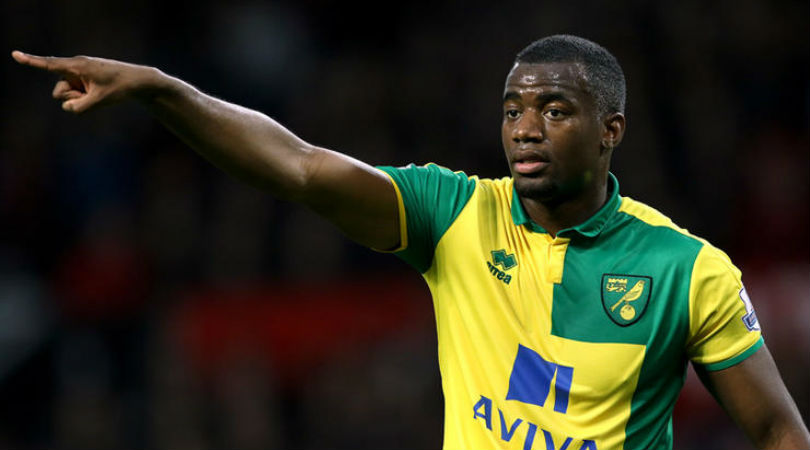
CB: Sebastien Bassong
Currently a free agent at just 31, Bassong was released by Norwich in the summer of 2017. The former France U21 international’s Tottenham career started perfectly – he scored on his Premier League debut against Liverpool – but he eventually lost his place after Younes Kaboul’s return to the club.
A product of the famed Clairefontaine Academy that oversaw the formation of the likes of Thierry Henry, Nicolas Anelka and Kylian Mbappe, the Cameroon international was sold to Norwich after a loan spell at Wolves and never quite became the player he was supposed to evolve into.
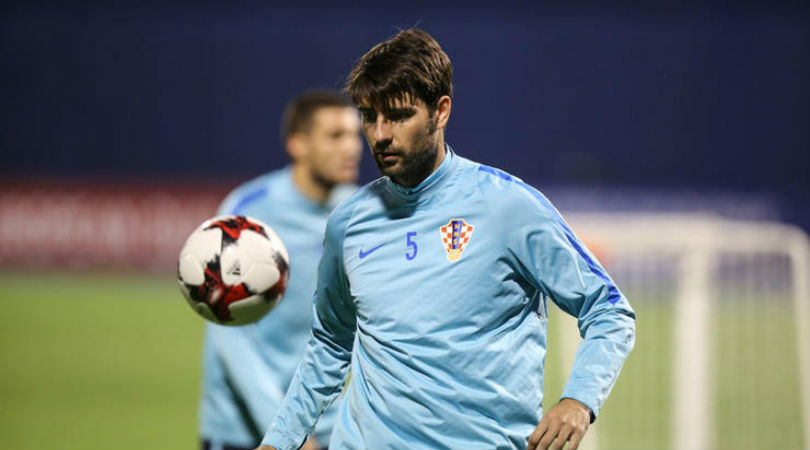
LB: Vedran Corluka
Croatian international Corluka came through the ranks at Dinamo Zagreb – responsible for the likes of Luka Modric, Zvonomir Boban and Robert Prosinecki – and originally signed for Spurs from Manchester City in 2008. Corluka spent four largely solid years at Tottenham, splitting his time between full-back and centre-half, before departing for Lokomotiv Moscow in 2012 (via a brief loan spell with Bayer Leverkusen).
Still only 31, Corluka is still at Lokomotiv, captaining the side. He has also now amassed 95 senior international caps for Croatia. Not bad for a player who is among the slowest many Tottenham fans have ever seen.
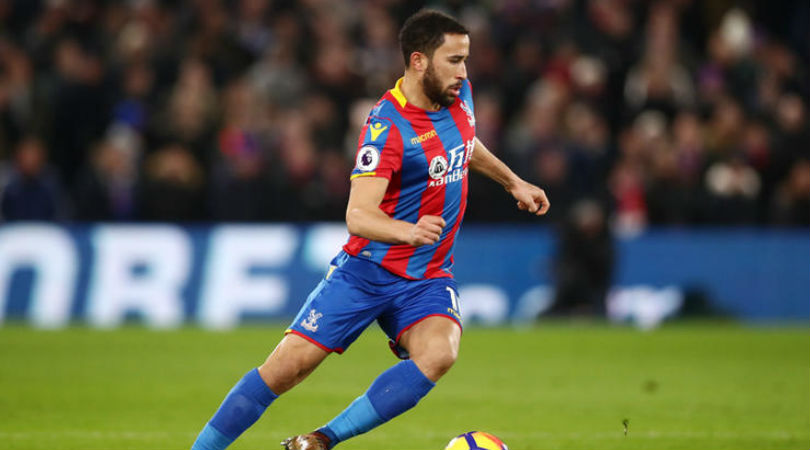
MF: Andros Townsend
In hindsight, Townsend was probably a victim of Andre Villas-Boas’s determination to recast him as a Gareth Bale clone. It wasn’t fair. Townsend, an England international with 13 caps to his name, was – and remains – a good player, but one never likely to reach the very top level. During the early part of his time at Tottenham he was sent out on loan no fewer than nine times while his final years at the Lane were spent under the critical gaze of a harsh crowd that he was never really equipped to satisfy.Townsend is currently to be found playing for Roy Hodgson at Crystal Palace following a spell with Newcastle after leaving Spurs in 2016.
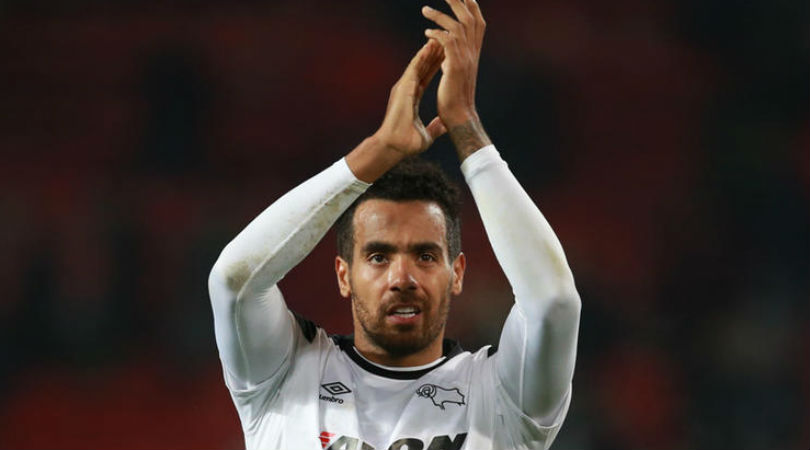
MF: Tom Huddlestone
Something of a throwback, Huddlestone never did become the next Glenn Hoddle as was once mooted. He was a fabulous passer and a scorer of timeless goals, but someone who didn’t quite possess the breadth of abilities required in a modern midfielder. He was certainly stymied repeatedly by injuries – particularly to his consistently troublesome ankles – starving him of continuity at a critical part of his career.
Huddlestone represented England 33 times at U21 level but his lack of development thereafter was reflected in his winning just four full caps. He left Tottenham in 2013 to join Hull, moving again in the summer of 2017 to rejoin his first club Derby.
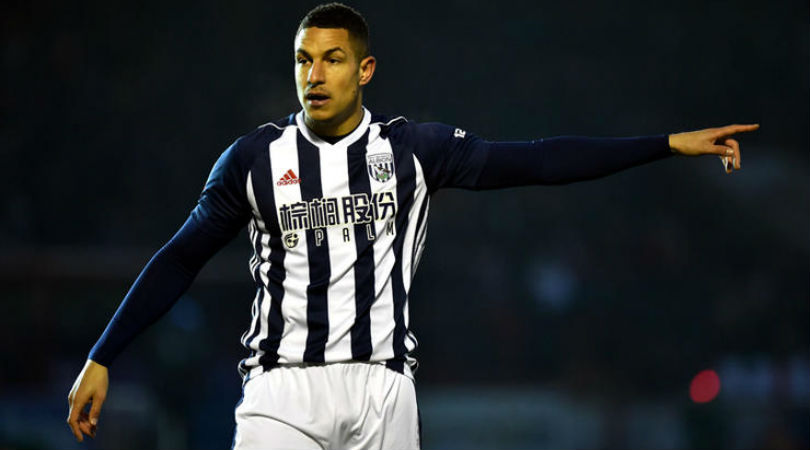
MF: Jake Livermore
At his very best, Livermore was a strong, nullifying presence in midfield. However, in his time at Tottenham he was stuck at the back of a queue of better players. He was never likely to dislodge Luka Modric from the middle of the park but Livermore struggled to really challenge Scott Parker – in fact, even Tom Huddlestone was preferred by boss Harry Redknapp when fitness permitted.
Like fellow midfielder Huddlestone he swapped White Hart Lane for Hull City after initially joining the Tigers on loan, and subsequently found a home at the Hawthorns with West Brom. Having made his England debut in August 2012, he had to wait five years for another cap; however, he won half-a-dozen during 2017 – the year he turned 28 – in an underpopulated Three Lions midfield.
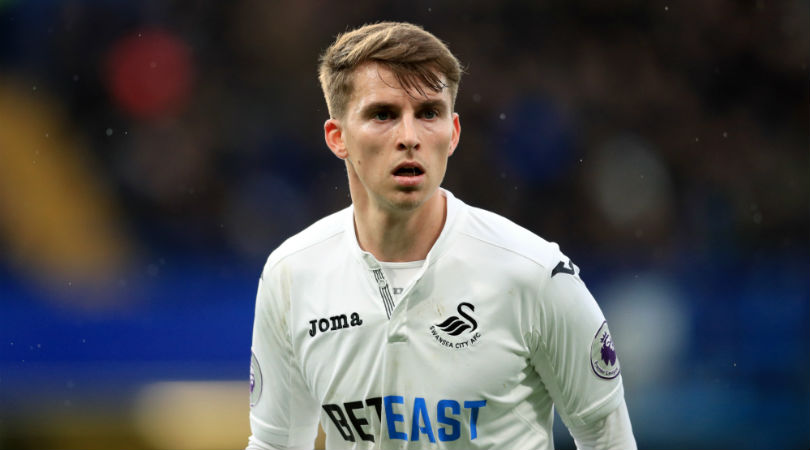
MF: Tom Carroll
Carroll signed professional terms in June 2010 after impressing for the academy side with 10 goals in 23 appearances. The following January saw Carroll sent out on the first of four loans as he crossed the capital to join Leyton Orient. Although slight and possessing the stature of an angelic choirboy, he was still a fabulous passer and became a trusted substitute under Andre Villas-Boas.Ultimately, he would never make a compelling enough case for his inclusion ahead of other players, though, and is another on this list who excelled only in a very narrow part of the game. He was sold to Swansea in January 2017, where he has established himself as a Premier League regular - albeit in a team who seem destined for the Football League.
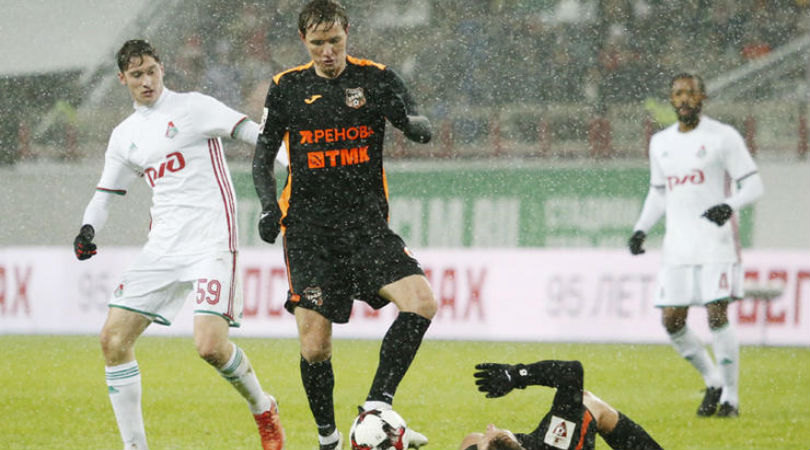
FW: Roman Pavlyuchenko
It was difficult to gauge just how good Pavlyuchenko was. The Russian spent four years at White Hart Lane, apparently without learning any English. Very occasionally brilliant but more often surly and difficult to read, he was a relic from the Damien Comolli/Juande Ramos chaos and never entirely trusted by Harry Redknapp.He scored 42 times for Tottenham - the finest coming against Wolves and Young Boys - before returning to Russia with Lokomotiv Moscow. Now 36, he’s still playing, although currently a free agent after leaving amateur side Ararat Moscow last year where he played alongside other former international players Marat Izmailov and Aleksei Rebko. Pavlyuchenko ended his international career having won 51 caps for his country.
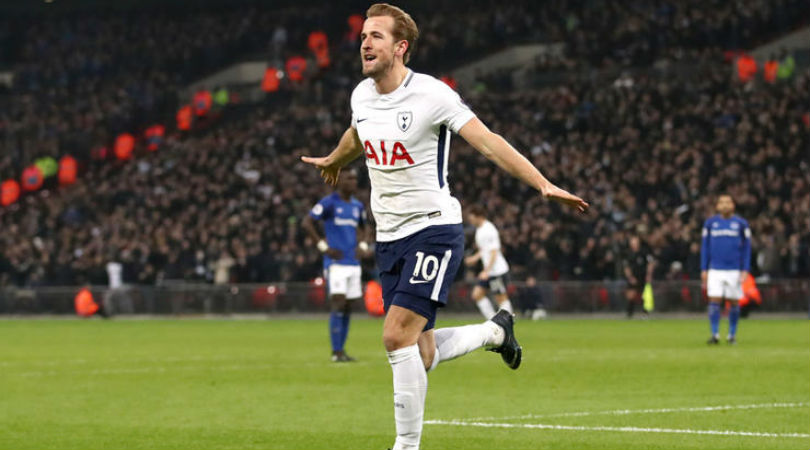
FW: Harry Kane
Although Kane was a Europa League regular throughout 2011/12, very few Spurs fans could have dreamed he would become one of the world's best strikers. He had scored a lot of youth goals, but many who are prolific in the youth game can't step up to the first team, let alone to the astonishing level of sustained excellence that has led to rumours of Real Madrid preparing a world record-breaking bid.
With hindsight it would be easy to criticise both former coaches and see their overlooking of Kane as a symptom of football’s wider indifference towards youth players. It wouldn’t be completely fair to do so, however. It would be an exaggeration to say he came from nowhere but his development has been astounding, a tribute to his coaches and managers – but also to his own hard work.
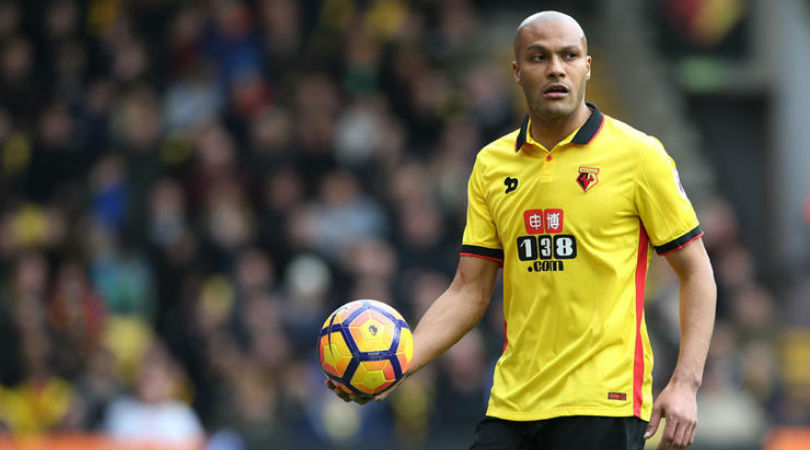
Sub: Younes Kaboul
French international centre-back Kaboul was in his second spell at Spurs, having moved to Portsmouth and back within a couple of seasons. The former France U21 captain was at his peak – he’d made his full debut for Les Bleus the previous autumn following an injury to Philippe Mexes – and was on his way to becoming one of the very best central defenders in the Premier League... but an injury he sustained in Andre Villas-Boas’s first game as manager permanently derailed his career.
He returned over a year later and showed hints of his previous form, but the protracted absence caused a regression in his game and, despite relatively successful spells at Sunderland and Watford (where he currently plays), he never again played with anything like the same athleticism or authority.
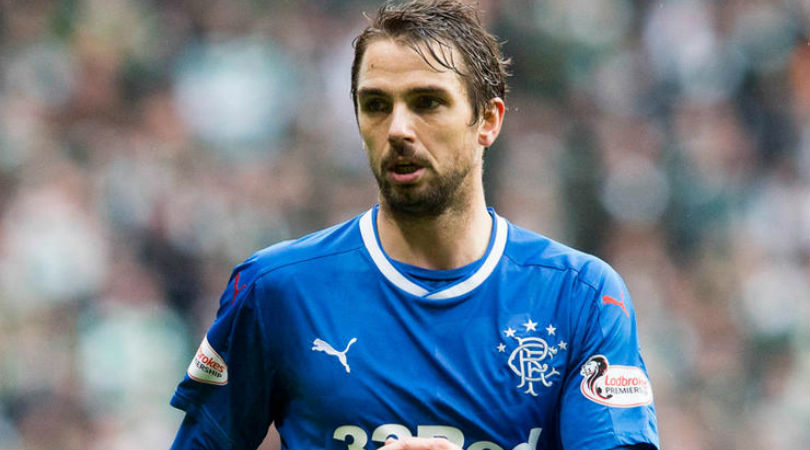
Sub: Niko Kranjcar
Kranjcar wasn’t just a Redknapp favourite; he was a superb footballer too, if something of a luxury. Incorporating him into the starting line-up proved to be difficult at Spurs at that time: he was never in Luka Modric’s class in the centre, nor quick enough to dislodge Gareth Bale or Aaron Lennon on the wings.
He left Spurs in 2012 for a whistle-stop tour that included Dynamo Kiev, QPR and the reformed New York Cosmos, before putting down roots in Glasgow with Rangers. Still only 33, he’s been with the ‘Gers for the last couple of seasons.
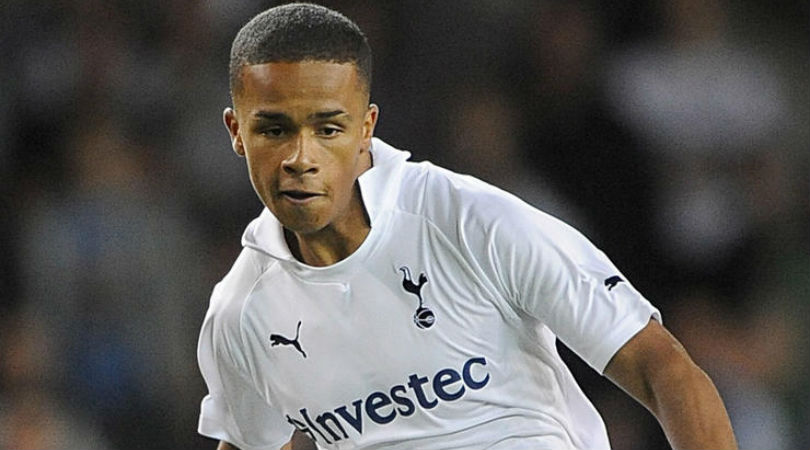
Sub: Jake Nicholson
Nicholson replaced Jake Livermore late on against Hearts for what turned out to be his only Spurs appearance. He left the club in 2013 at the end of his contract, switching to Greenock Morton for three months before signing for AFC Wimbledon, then in League Two.
Within a year he had dropped into non-league football, having brief spells with St Albans and Hayes & Yeading either side of a trial at Swindon. Now 25, the midfielder is currently out of football, having most recently appeared in the eighth tier for Walton Casuals.
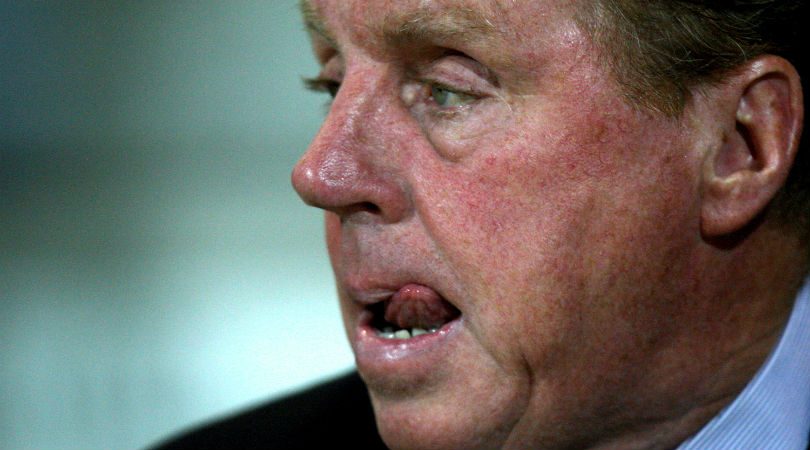
Manager: Harry Redknapp
With all that’s happened since, it’s easy to forget just how successful Harry Redknapp was at Spurs. At the end of this 2011/12 season Redknapp was relieved of his duties but arguably – at least partly – because of his own success.
Tottenham finished fourth that season, but were denied a spot in the Champions League as Chelsea lifted the trophy while finishing sixth in the league under Roberto de Matteo. Redknapp had been angling for a new contract but ultimately left the Lane.
He spent three years at QPR, managed the Jordanian national team for two games and was last spotted briefly saving Birmingham before being shown the door in September 2017.
